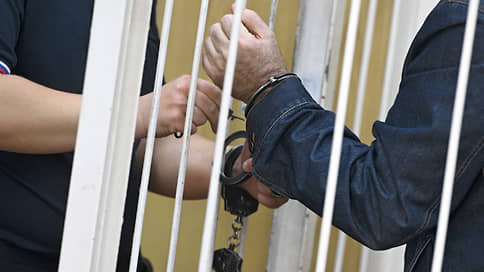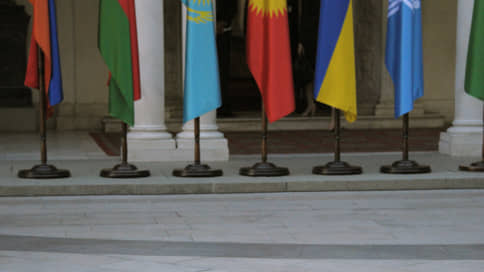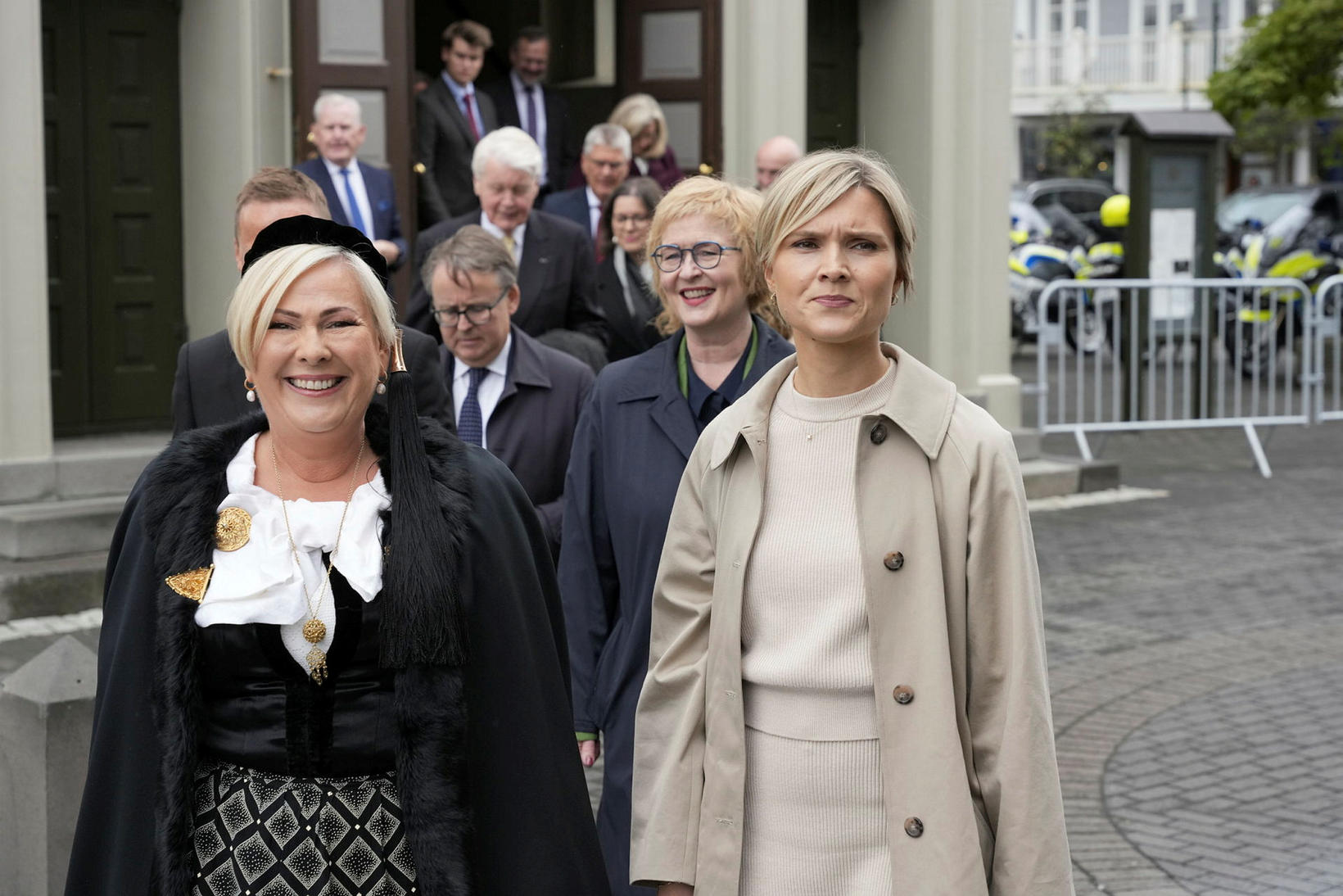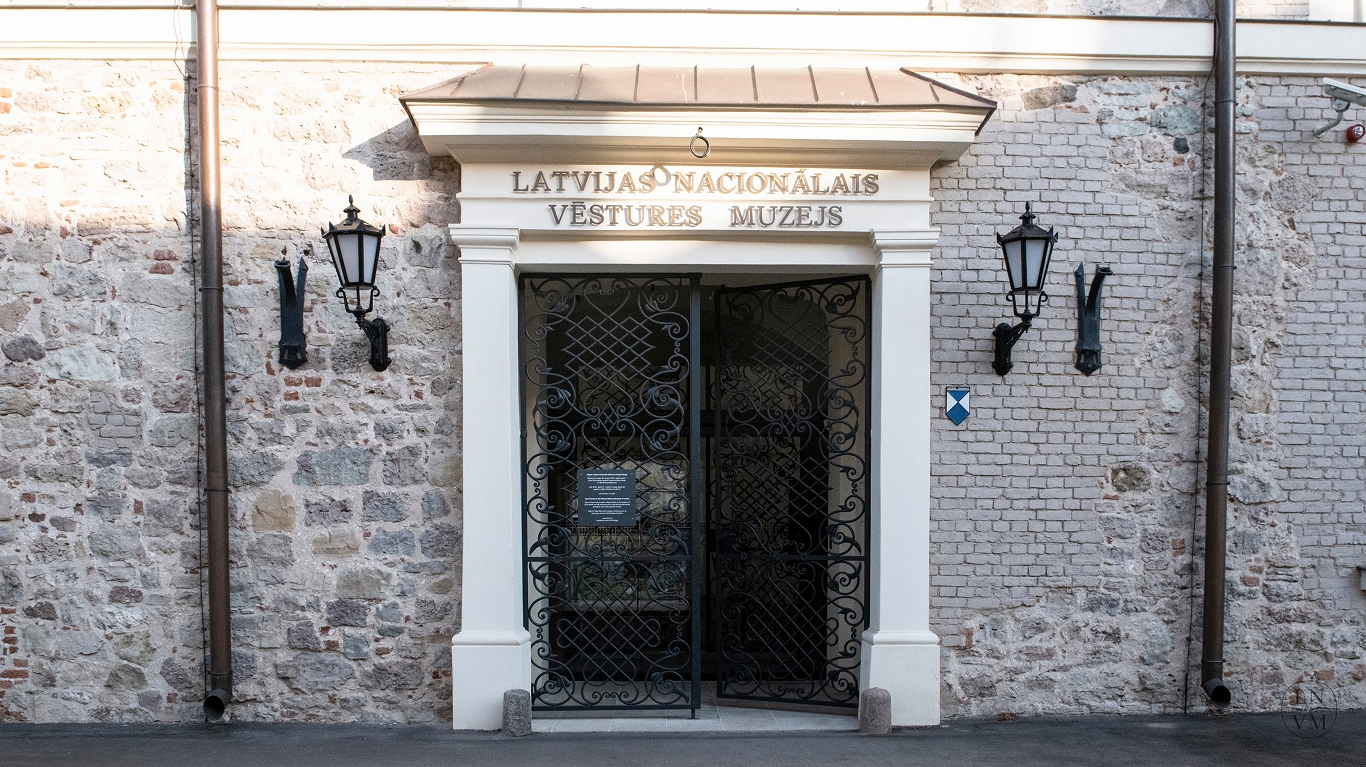« Yabloko » proposed to open access to the affairs of non -rehabilitated citizens of the USSR

The criminal cases of non -rehabilitated citizens of the USSR must be disclosed for relatives and historians – such a bill was submitted to the Petersburg Legislative Association with the Yabloko faction. Today, free access is only to rehabilitated documents, deputies note, and this prevents “restore historical justice”. The historian, director of the Historical Memory Foundation, Alexander Dyukov, confirmed Kommersant that the current ban prevents researchers from receiving information about the crimes of the Nazis and their minions during the Great Patriotic War.
The Yabloko faction introduced a draft Federal Law on the opening of access to the matters of non-rehabilitated citizens of the USSR to the Legislative Assembly of St. Petersburg. “There is no direct ban on such access in the legislation. Moreover, the Constitutional Court in 2022 indicated that general rules for access to state archives should be applied to such cases, – the authors of the initiative explained “Kommersant.“ In practice, the FSB and the Ministry of Internal Affairs, as a rule, limit access. However, they refer to Art. 11 of the Law « On the rehabilitation of victims of political repression. »
Mentioned Art. 11 consolidates the right to familiarize with the materials of cases of exclusively rehabilitated persons. Moreover, in case of their death, only relatives possess such a right.
Therefore, Yabloko proposes to eliminate the “legal gap” and make a position to the article that will open access to the affairs of “not only rehabilitated, but also non -rehabilitated victims of repression”.
The restriction of this right will be possible only if the state or “other secrets protected by law” in the documents. ”
In the explanatory note, deputies refer to the data of the Main Military Prosecutor’s Office. From 1991 to 2019, the prosecutor’s office was rehabilitated by 124,499 people, 176,760 convicts were refused. Another 16,819 were recognized by the courts not subject to rehabilitation. The note also shows the statistics of the Ministry of Internal Affairs of the Russian Federation: “Since 1992, 2,796,697 certificates of rehabilitation were issued, refused to issue certificates 824,344 to persons.” It should be noted that since 2022 the authorities of the Prosecutor General’s Office checked 14 thousand conclusions on the rehabilitation of victims of repression and canceled 4 thousand of them.
“Sometimes a refusal to rehabilitation is due to the fact that a person during the war years really collaborated with the Nazis. However, the official position of Russia remains unchanged: as the President of the Russian Federation emphasized, genuine documents about the crimes of the Nazis should be available to society, – explained in the faction. “This initiative will allow you to restore historical justice, ensure the openness of archives and exercise the right of citizens to access the truth about the official rehabilitation status of the victim.” If the bill is adopted in the Legislative Assembly of St. Petersburg, it will be submitted to the State Duma.
The historian, director of the Historical Memory Foundation, Alexander Dyukov, told Kommersant that he “absolutely agrees” with a proposal to open access to the affairs of non -rehabilitated ones, since this is “very important for researchers”. He cited as an example the project “without a limitation period”, where they collect information about the crimes of the Nazis during the Great Patriotic War. “But we, historians who are engaged in this topic, are deprived of access to the affairs of those who are completely legally condemned for Nazi crimes,” Mr. Dyukov explained. “I personally faced the problem that it is impossible to access the affairs of the non -rehabilitated, which became victims of repressions in the era of great terror. In fact, there are a lot of very important information necessary for historians. Including objective. «
The lawyer Marina Ahaltsova, who repeatedly represented the descendants of the victims of repression in the courts, told Kommersant that in her practice, access to the archival affairs of the non -rehabilitated “closed altogether”.
“The courts and archives refuse, saying that in such cases you can get only an archival certificate, which contains a very brief information,” she says. “But the certificate does not allow to conclude anything about the viability of the case.” As a result, the Russians are deprived of the opportunity to find out what exactly their relatives accused, and the researchers – what specifically accused the person who is interested in a historical point of view, says Mrs. Agaltsova.
Lawyer Ivan Kalgin believes that direct access prescribed in the Federal Law is always better than the gap that responsible persons use. ” However, the initiative of Yabloko does not apply to the subject of regulation of the Federal Law “On the Rehabilitation of the Victims of Political Repression,” he said. “Formally, the state did not apply repression for political reasons for those who were not rehabilitated,” lawyer explained “Kommersant” – therefore it is necessary to move towards changes in the legislation on archives. » Mr. Kalgin also added that, taking into account the position of the Constitutional Court, to which the authors of the bill were referred to, refusal to access the cases of non -rehabilitated can be appealed in administrative order.
“Kommersant” asked the Prosecutor General’s office to comment on the situation with access to the affairs of non -rehabilitated, but did not receive an answer.








